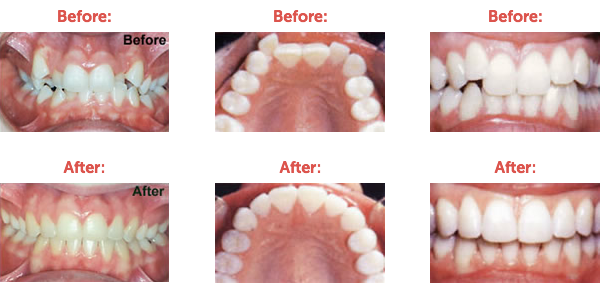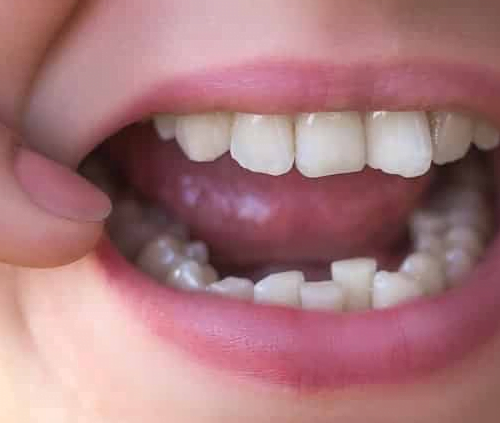How Tooth Overcrowding Happens?
Each tooth contributes something special to your gorgeous smile. They fit together beautifully and efficiently to form a broad grin. Tooth congestion is a typical dental problem, but sometimes nature throws a surprise.
Have you ever wondered what causes this? Let’s take a trip into the dental weeds and learn the backstory of overcrowding of the teeth.
Genetics’ Importance
Having crowded teeth often has a genetic component. Your family’s dental background may heavily influence the state of your teeth.
There is a higher likelihood that you will suffer overcrowding if your parents or grandparents did. Your genetics mostly predetermines your jaw size and the number of teeth your jaw can accept.
Smaller Jaw, More Teeth
Consider the space in your mouth to be a real estate market where each tooth is competing for the best possible location. Your jaw may be too tiny to contain all of your teeth properly.
Overcrowding occurs when teeth overlap, twist, or otherwise make contact with one another because of inadequate spacing.

Loss of Baby Teeth Too Soon
Overcrowding can also be caused by the premature loss of baby teeth, which can happen as a result of accidents or untreated cavities. The permanent teeth will eventually replace the primary teeth.
The Wisdom Teeth: A Late Bloomer
Overcrowding is a common problem caused by wisdom teeth, also known as third molars. These tend to appear in one’s twenties when the other teeth in one’s dental arch have already been in place for some time.
They can crowd and misalign neighbouring teeth as they erupt.
The Impact of Overcrowding
Overcrowding of the teeth is a medical issue that affects more than just the smile. Effects of overcrowded teeth include the following:
Oral Hygiene Challenges:
When teeth overlap, it creates crevices that are hard to clean and can lead to cavities and gum disease.
Chewing Difficulties:
If your teeth aren’t properly aligned, you may have trouble chewing your food, which can have negative effects on your digestion and health.
Speech Impediments:
When teeth are crowded, it can be difficult to pronounce some words clearly.
TMJ Disorders:
Temporomandibular joint (TMJ) issues, like jaw pain and discomfort, can be exacerbated by crooked teeth.
Seeking Expert Advice Is The Answer
It is critical to see a dentist or orthodontist if you feel you have overcrowded teeth or if you are suffering any of the symptoms above. They can provide an in-depth evaluation, complete with X-rays, to determine the severity of the issue and advise you on the best course of action to take.
Extraction of teeth to provide space for braces or clear aligners may be necessary in extreme circumstances. Realigning your teeth has multiple benefits, including better dental health and a more attractive smile.
In Conclusion
Many factors contribute to tooth crowding. Habits, tooth loss, and aging can play an influence, in addition to heredity and jaw size. Early detection and assistance from professionals are crucial in dealing with congestion.
With proper direction, you may make your smile sparkle without the distraction of crowded teeth, which is a tremendous asset. If you think your mouth might be too crowded, don’t wait to see a dentist who can help you strike the right balance.



Leave a Reply
Want to join the discussion?Feel free to contribute!